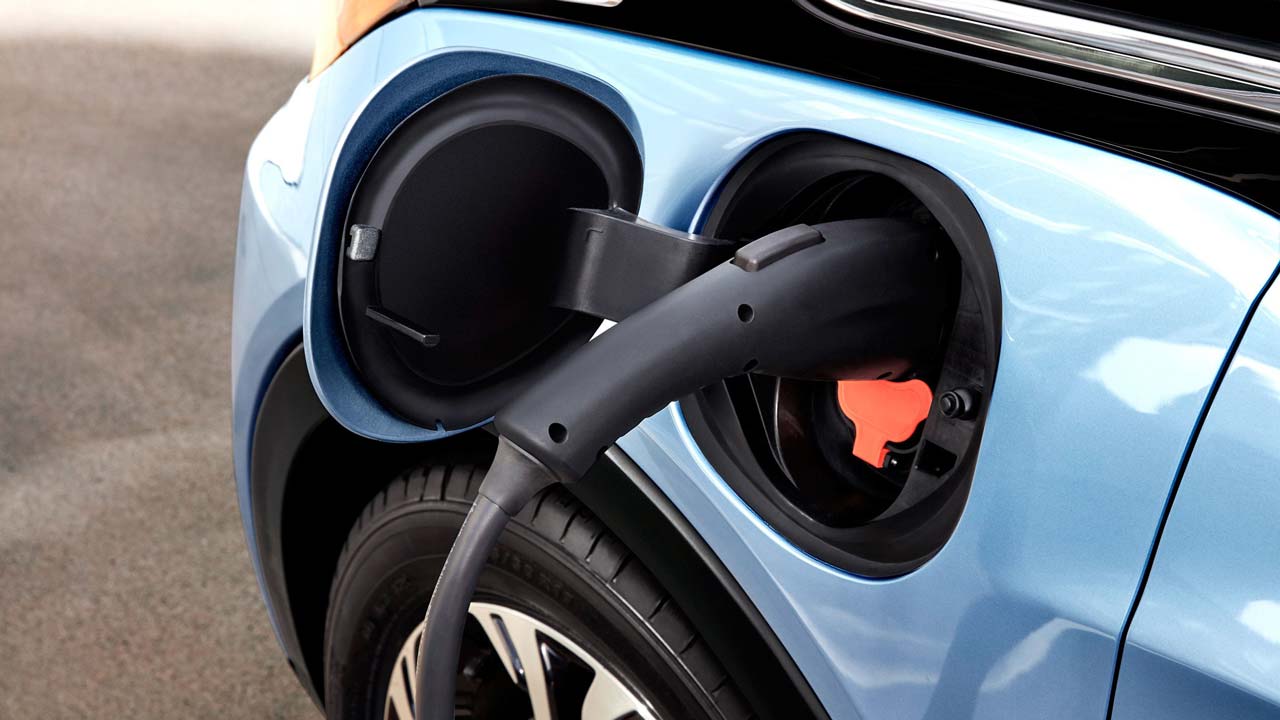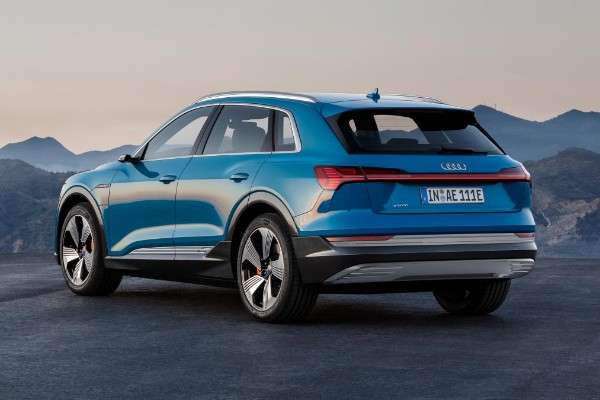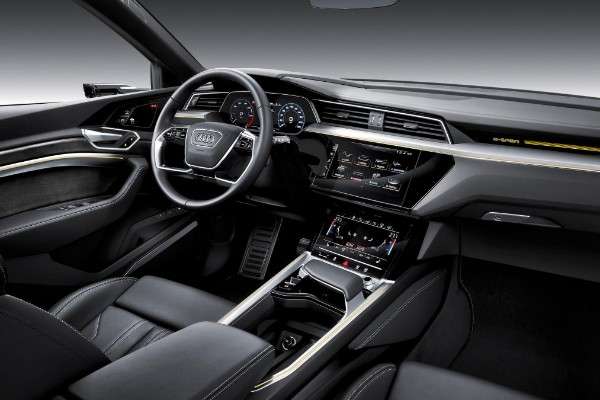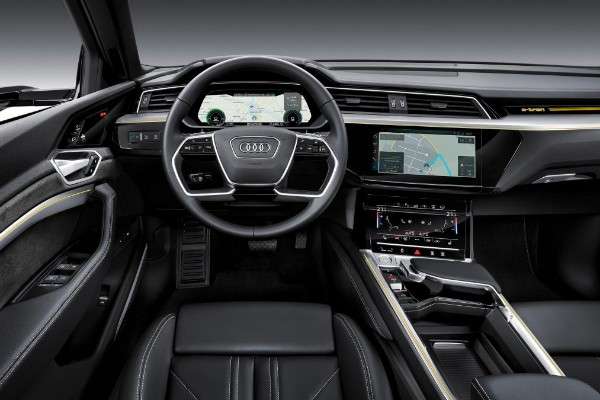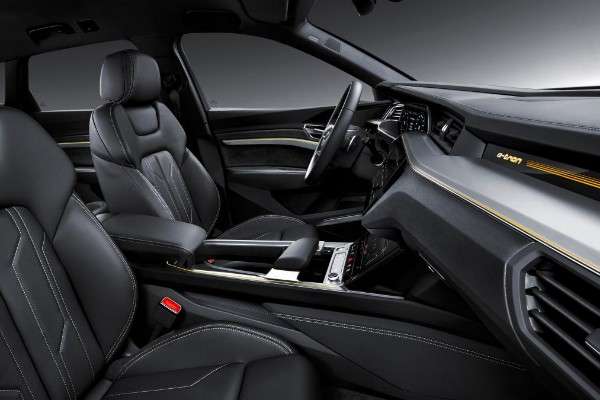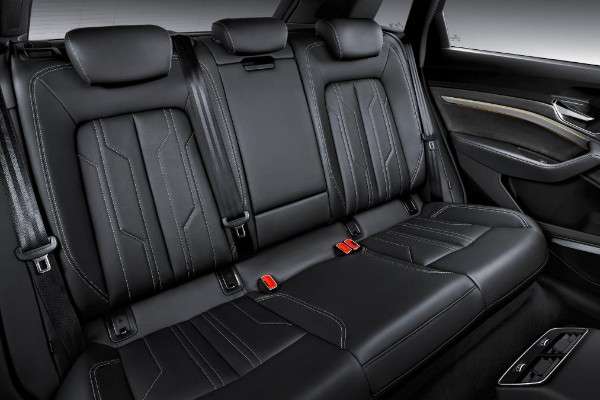Despite the challenges bedevilling Nigeria’s automotive sector, some assemblers have expressed interest to invest in the production of electric vehicles (EVs) in the country.Experience has shown that Nigeria usually turned out to be a dumping ground for a variety of banned products. Given its preference for used vehicles over brand new ones due to very poor purchasing power of the masses, it stands at a higher risk of dumping when other countries eventually phased out the use of conventional fuel cars.
Electric vehicles are a novel and eco-friendly technology designed to reduce man’s dependence on fossil fuel, and potentially a threat to the conventional fuel car market.Top auto assemblers like Volvo, a Swedish vehicle manufacturer, has committed to fitting every car it produced by 2019 with electric or hybrid engines, just as Germany’s BMW plans to mass-produce EVs by 2020, offering 12 models by 2025.
A recent report published by the World Economic Forum, entitled “Electric vehicles for smarter cities: The future of energy and mobility,” also indicated that French multinational automaker, Renault, plans to produce 20 electrified models by 2022, while Germany-based, Volkswagen, will invest up to $84 billion in battery and EV technology to electrify all 300 of its models by 2030.
These transitional commitments to electric vehicles by manufacturers are not sufficient threats to the fossil fuel market, but a very imminent one to Nigeria, which relies heavily on foreign exchange earnings from oil.
Global strategies
Another report by the International Energy Agency (IEA), revealed that the sale of electric cars may rise by 24 per cent yearly till 2030. The Agency estimated that based on existing policies; there would be 125 million electric vehicles on the road, which could further rise to 220 million if strategies became more ambitious to meet global climate goals and other sustainability targets.
Of the one billion cars in the world, only two million are electric. But that will soon change, as costs diminish, and governments encourage the adoption of EVs to cut carbon emissions and fight urban pollution.Sequel to this, some cities across the world have set target year to ban the use of fossil fuel cars to mitigate the effect of gaseous emissions from them.
The cities include; Oslo the Norwegian capital, Madrid, Spain; Chengdu, China; Hamburg and Berlin, Germany; Copenhagen, Denmark; Paris, France; Brussels, Belgium; Bogotá, Colombia; London, England; Mexico; and New York City, San Francisco in the United States of America.
Progress in Nigeria
To catch up the evolution train, Nigus Enfinity, an indigenous automaker, plans to introduce electric vehicles into the Nigerian automobile market this year, while its local assembly plant for EVs will be ready by 2020.The company Chairman, Malik Ado-Ibrahim, noted that many countries across the world have already set targets for the ban of fossil-fuelled vehicles with India targeting 2030, and the United Kingdom, 2040.He said Nigeria and Africa need to look inward to be at the fore of the automotive revolution, or risk becoming a dumping ground for banned vehicles from other countries.
In preparation for this, Ado-Ibrahim said his firm is already building a 100-megawatt (mw) solar power plant in Katsina, and Adamawa states.Ahead of the debut for its brand of EVs, he said Nigus Enfinity is partnering with a Chinese firm, Build Your Dreams, to import electric vehicles at affordable costs.“We are also working with BYD to get a local brand, and start an electric vehicle assembly plant for Nigeria from 2020. Gradually, we will move to an EV with an African DNA, starting in Nigeria,” he explained.
Although still not so popular, the Marketing Manager, Kia Motors Nigeria, Olawale Jimoh, revealed that Nigeria had already launched the use of EVs since 2015, as the automaker was the first to bring in such vehicles into the country.Accordingly, Jimoh said a number of people especially some government officials are currently driving electric vehicles.
“Senator Ben Murray Bruce is currently using a Kia electric vehicle, and some other people are using that electric vehicle as we speak right now. So we have brought the electric vehicle since 2015, and it is something that if the government is willing to partner with us on, then certainly we can bring it in large quantities,” he explained.He noted that developed countries which manufacture eco-friendly vehicles, which might be hybrid or electric vehicles are quite expensive than that of combustive engine.
“What governments do across board, particularly in developed countries, is to create some kind of subsidy to intensify interest in those eco-friendly cars by granting subsidies, and working closely with the manufacturers or distributors of these vehicles in such a way that the initial cost of purchase won’t be a burden for buyers.”
The Managing Director, Peugeot Automobile of Nigeria (PAN), Ibrahim Boyi, said: “We are taking some pragmatic steps, we are having a team working on the electric vehicles, and they are reaching out to other key stakeholders at the national level; and we are also reaching out to global partners to ensure we are able to develop a Nigerian electric car.”“We see the development as one of the disruption of the industry, and we are positioning ourselves properly to maintain leadership in that respect, Boyi said.
To increase interest and usage of EVs, Deputy Managing Director, Kewalram Chanrai Group, Victor Eburajolo, argued that government needs to take a decision, give assemblers time to comply, and fall in line. Eburajolo noted that the initiative is supposed to be led by the National Automotive Design and Development Council (NADDC), which should give assemblers a period to adjust. “They must give us time and say from this time to this, these are the vehicles you are encouraged to assemble, and then Nigerians would get used to it.”
However, the NADDC is at the margin of developing a national policy on electronic vehicles.”The Director-General, NADDC, Jelani Aliyu, admitted that Nigeria would need to look at how to introduce and support the electric car technology in terms of its scalability.“A number of the companies that are interested in Nigeria either already have electric vehicle programmes in place, or are looking at going into it. We will have to work closely with them to provide these vehicles in Nigeria,” he said.
Nigeria has put in place an auto policy, although widely criticised, which is meant to reduce the importation of used vehicles. However, the success and sustainability of such a policy in the face of hyper-inflation and poor purchasing power remain to be seen.
